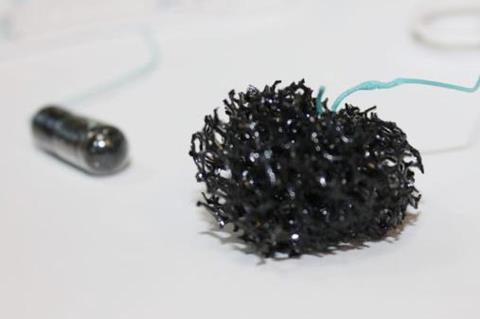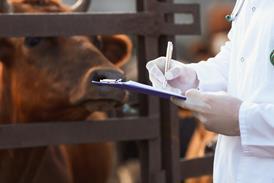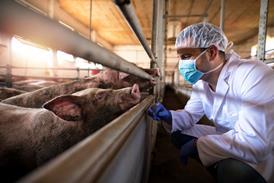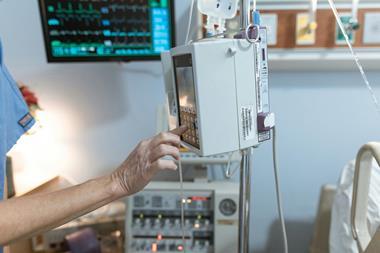
A novel procedure to test for a precancerous condition of the oesophagus is under trial in the National Health Service (NHS) in England, which could reduce delays in diagnosis and treatment compared to standard of care.
The Cytosponge (literally a sponge-on-a-string) medical device is being trialled in 30 hospitals across England to test for Barrett’s Oesophagus, a condition where cells can develop abnormalities which have the potential to later become cancerous.
The Cytosponge consists of a ball-shaped polyester sponge compressed inside a small capsule attached to a string. When swallowed, the capsule which is made from gelatine can quickly dissolve and the sponge then expands in the stomach. The expanded sponge is then pulled from the stomach in clinic and collects cells from the oesophagus as it is removed.
The sample cells collected are analysed for trefoil factor 3 (TFF3), which is only found in precancerous cells, using immunohistochemical staining. Current standard of care is an endoscopy with a biopsy which is more costly and takes longer to conduct.
Around 8,500 patients in England so far have been checked for Barrett’s using the Cytosponge technique. NHS England conducted an initial evaluation of the first 2,550 tested patients and found that 78% did not have the condition and could therefore be managed by a general practitioner rather than undergoing an endoscopy.
The NHS has a waiting time target of fewer than six weeks for 99% of patients currently needing an endoscopy. However as of December 2023, around a third of patients have been waiting longer than this, according to Cancer Research UK (CRUK).
“The capsule sponge test has become one of the most exciting early detection tools to emerge in recent years,” said Dr Lyndsy Ambler, Senior Strategic Evidence Manager for CRUK.
“This evaluation adds to the evidence showing that it is helping the NHS to free up endoscopy capacity and could lead to improvements in reducing late diagnosis of oesophageal cancer,” Dr Ambler added.
































No comments yet